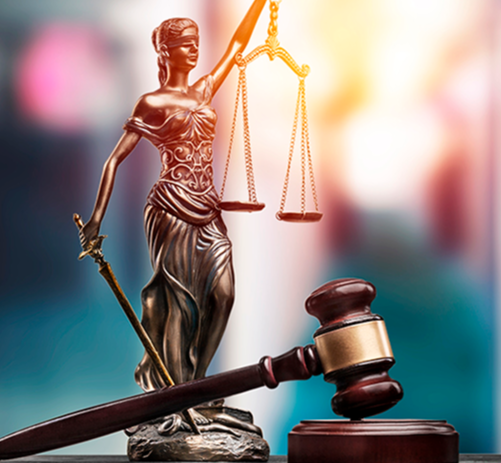Лоер
Receiving a Pension in Ukraine: Procedures and Features
pension recalculation
Introduction: Receiving a pension is an important component of the country's social system, which provides support for citizens in old age and other categories. In Ukraine, this process is regulated by legislation that defines the rights and obligations of pensioners. In this article, we will consider the main aspects of receiving a pension in Ukraine, rights, benefits of pensioners and important advice of a lawyer on social issues.
1. Types of Pensions: Ukraine provides various types of pensions, in particular:
• - Old-age insurance pension: Provided to persons who have reached retirement age and have the necessary insurance experience.
• - Disability: Pensions are granted to persons who have become disabled as a result of injury or illness and have a corresponding medical opinion.
• - Social pension: For citizens who have not accumulated enough insurance experience, but are in difficult socio-economic conditions.
2. Retirement experience and conditions: In order to receive an old-age insurance pension, citizens need to accumulate a certain insurance experience. This can be achieved through the payment of insurance contributions during employment, taking into account training periods and other features.
Receiving a pension begins with the correct submission of an application to the pension fund. Citizens should take into account that it is necessary to present complete and reliable information about their work, seniority and other necessary documents.
3. The procedure for receiving a pension:
• - Filing of the Application: Citizens need to submit an application for receiving a pension to the social protection body of the population at their place of residence.
• - Verification of Documents: After receiving the application, the social security authority checks the presence of the necessary documents and compliance with the criteria for receiving a pension.
• - Consideration and Assignment of Pension: After checking the documents and determining compliance with the criteria, the amount and type of pension is assigned.
4. Current Trends: Recently, Ukraine has seen the development of electronic services for receiving pensions, which simplifies the procedure and reduces administrative barriers.
5. Important Aspects for Citizens:
• - Rights and Responsibilities: Citizens should be aware of their rights and responsibilities in the process of receiving a pension.
• - Keeping Documents: It is important to keep all the necessary documents in order to avoid delays or misunderstandings in the process of receiving a pension.
6. Rights and Benefits of Pensioners:
After receiving a pension, citizens acquire a number of rights and privileges. In particular, they have the right to free medical services, some benefits in the payment of communal services, as well as the opportunity to use various types of cultural and social services at discounted rates.
7. Consultation of a lawyer on social issues:
In the event of controversial situations or misunderstandings regarding the receipt of a pension, it is important to contact a qualified lawyer on social issues. Consultation of a specialist will help to resolve the issue from a legal point of view and maximize the pensioner's benefits.
8. Sources:
1. - Law of Ukraine "On mandatory state pension insurance".
2. - Pension Fund of Ukraine - official website.
9. Conclusion:
Pension in Ukraine is an important social service that guarantees citizens a dignified old age.
Receiving a pension is not only a formal act, but also an important stage of life that affects the material and social status of a person. Understanding your rights and taking advantage of them, as well as consulting a lawyer, can greatly facilitate this process and ensure a dignified old age for every retiree. Knowing the procedures and relevant requirements helps to simplify the process of obtaining it and provide pensioners with the necessary support.
This article is intended to provide general information and is not intended to serve as legal advice. It is recommended to contact a qualified lawyer for individual advice on social law issues.





























